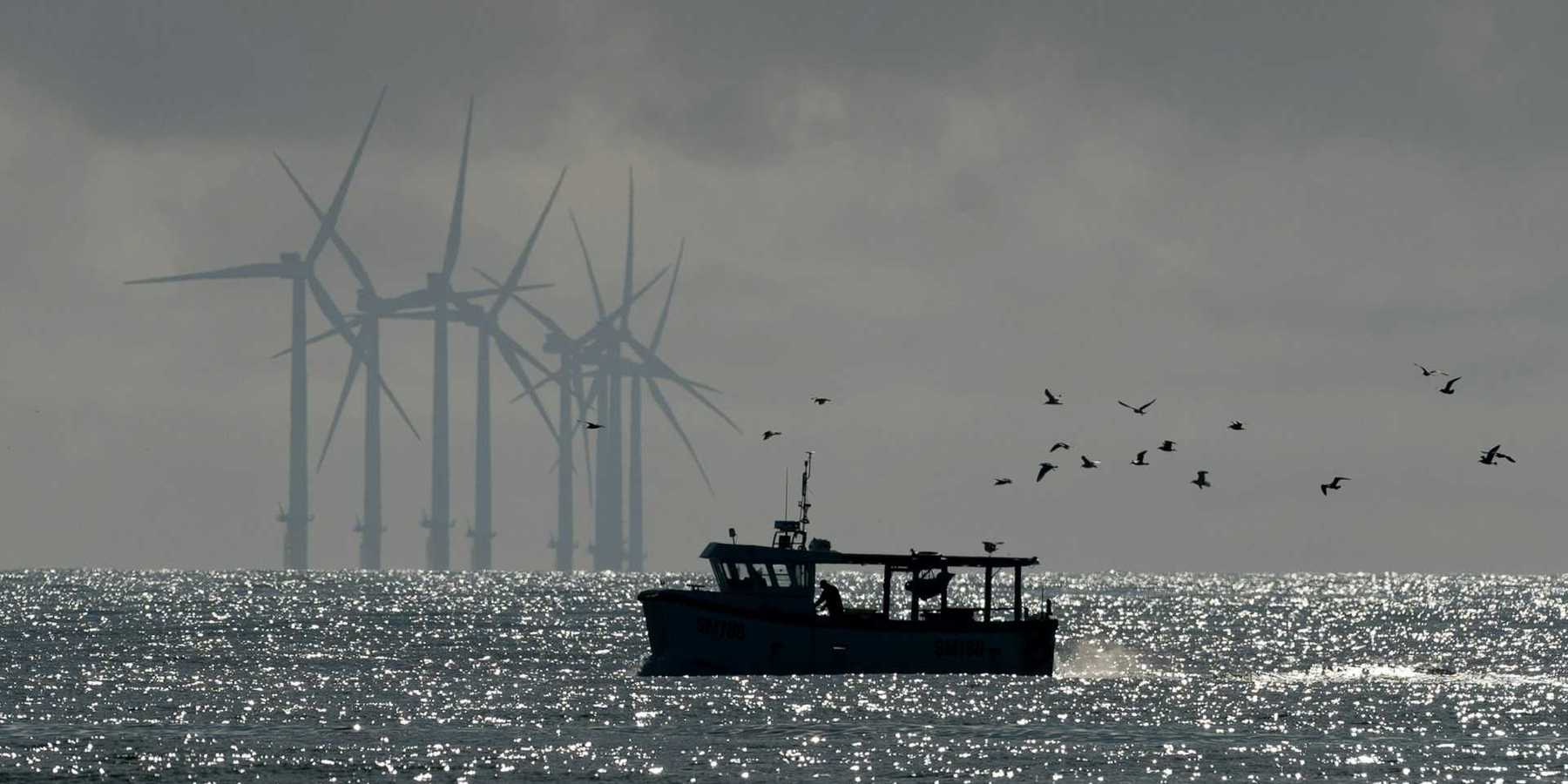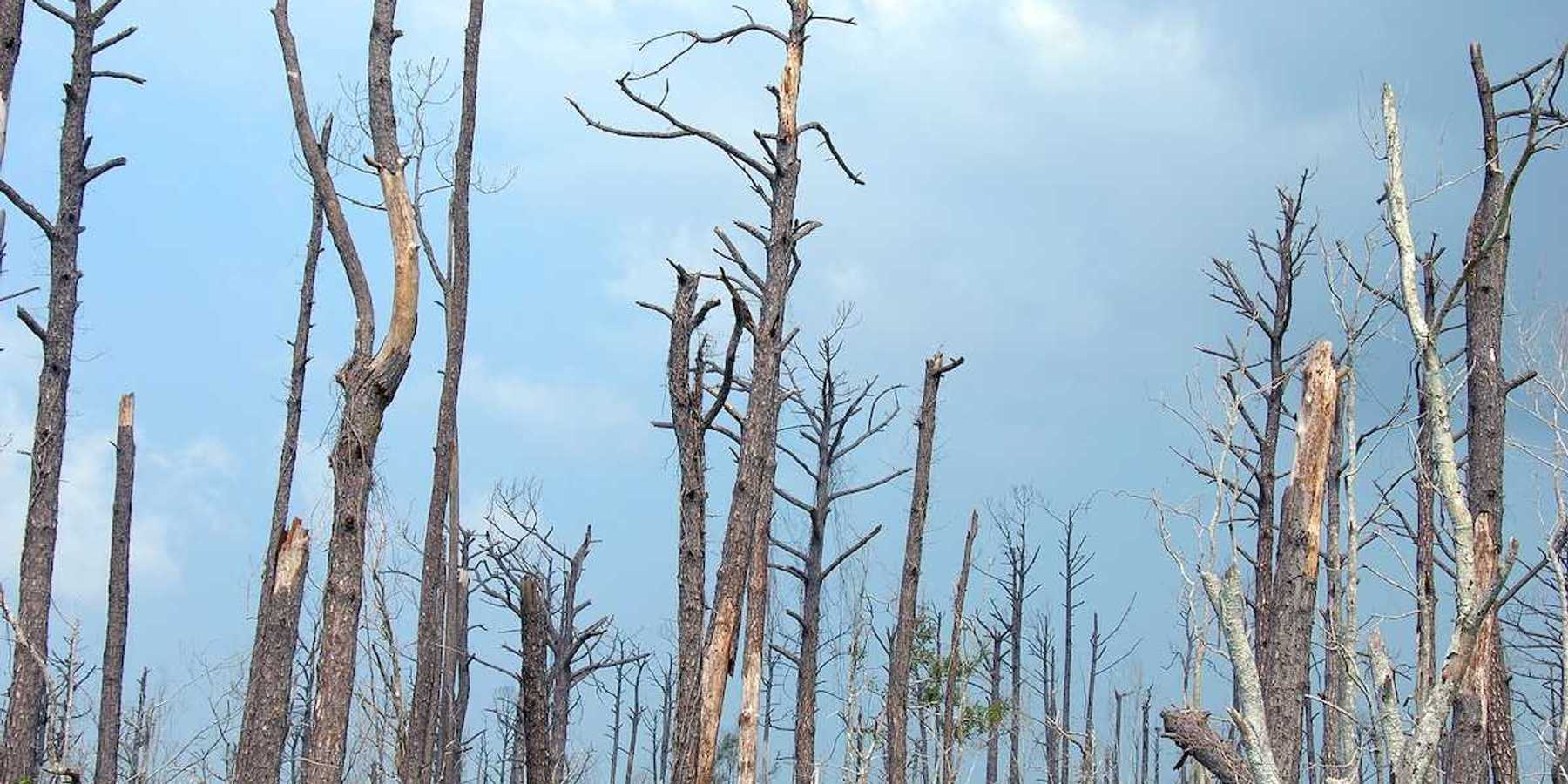Lay off Al Gore, would ya?
For decades, Al Gore has been condemned as a hypocrite, spoofed as a nerdish geek, and written off as a failed single-issue pol. It's time to recognize he's been right about nearly everything.
The hearing, chaired by then-Senator Al Gore, marks the first time that climate change received major attention in U.S. media. Axios took measure of Hansen's—and by extension, Gore's---predictions 30 years on in 2018. Their conclusions were distressingly accurate.
So stark were the projections from Gore's hearings and a battering of real-time environmental disasters in the Amazon, Chernobyl, and elsewhere, that Republicans re-cast their election strategy. George H.W. Bush, they vowed, would be known from coast-to-coast as "The Environmental President."
Senator Gore had a busy 1992, releasing his Enviro-opus Earth In the Balance, a book that hit number one on the New York Times bestseller list. The book hit stores just as Gore left to lead the U.S. delegation to the U.N.'s Earth Summit at Rio de Janiero. Later that summer, Bill Clinton named Gore as his vice presidential running mate.
Ozone Man
Gore, like much of the Amazon, was on fire. The "Environmental President" moniker from Bush's first term wouldn't play well against an environmental rock star.
So the GOP chose to go back on the eco-attack against Gore. In late October, with polls suggesting a likely Clinton-Gore victory, the "Environmental President" unleashes an odd attack: "You know why I call him Ozone Man?"
Bush said. "This guy is so far out in the environmental extreme, we'll be up to our neck in owls and outta work for every American. He is way out, far out, man."
Six years earlier, the Reagan-Bush Administration had scored a rare environmental victory by helping to lead the world's nations to ratify the Montreal Protocol. The Protocol is held up as the reason the annual polar ozone holes haven't spread and may, in fact, be re-closing.
Media scrutiny
In January 2004, more than three years after losing the most contentious presidential election in U.S. history, Gore blasted President George W. Bush as a "moral coward" who is "wholly owned by the coal, oil, utility and mining industries."
Just as Gore's "An Inconvenient Truth" went viral , his critics went mainstream. ABC News reporter Jake Tapper was among those who headlined Gore's home utility bills, while leaving the reasons in the small print—both Gore and his wife Tipper's thriving home businesses and the oppressive 24/7 home security needs of an ex-vice president.
The Gores later spent six figures to solarize their home and make it more efficient. Few saw the need to follow up or amend their reporting, including Tapper, who is now a top CNN anchor.
In October 2007, Gore and the Intergovernmental Panel on Climate Change were announced as the co-winners of the Nobel Peace Prize.
In 2009, a British judge ruled that there were "nine specific errors" in Gore's film. He also called the film "broadly accurate" and okayed its screening to UK school kids.
"Nine errors" grabbed headlines. The story had a week's worth of legs; "broadly accurate" was played down, if mentioned at all, in stories like this one.
Putting his money where his mouth is
After a relatively quiet decade in which Gore stuck to his message and built a sizable fortune—more than $200 million—investing in clean energy. It's also won him conflict-of-interest accusations, but no legal consequences, for putting his money where his mouth has always been.
With his appearance at this week's COP26 climate summit, it's time to lay off Al Gore and at least grudgingly recognize how consistently right he's been.
Peter Dykstra is our weekend editor and columnist and can be reached at pdykstra@ehn.org or @pdykstra.
His views do not necessarily represent those of Environmental Health News, The Daily Climate, or publisher Environmental Health Sciences.
Banner photo credit: Al Gore delivers speech denouncing the construction of the Atlantic Coast Pipeline in 2019. (Credit: VCU Capital News Service/Katja Timm)













